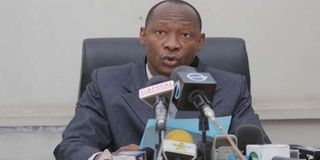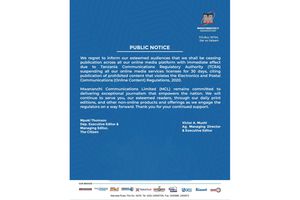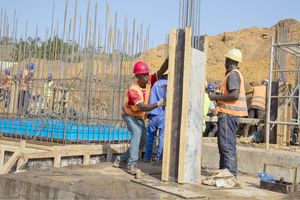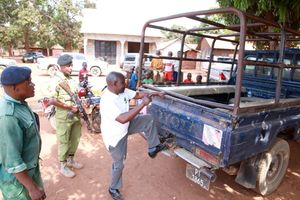East African exam councils establish joint association

Necta executive secretary, Dr Charles Msonde. Photo |File
Dar es Salaam. In efforts to stem the tide of fraud and irregularities in examinations, the East African examination councils have decided to establish a regional assessment association, which will be used as a platform to, among other things, impart knowledge and skills to supervisors.
Known as ‘The Eastern Africa Association for Education Assessment (EAAEA)’, the platform will also strengthen the bond among member countries through benchmark activities as well as conduct studies in different member states and publish the work in journals that can be shared among members.
This was said by the Tanzania National Examination Councils (Necta) executive secretary, Dr Charles Msonde, when briefing journalists in Dar es Salaam yesterday. According to Dr Msonde, who was also elected as the president of the association, the idea of establishing the association dated back to March, 2018 when the East African heads of examinations councils of their respective countries converged in Dar es Salaam and drafted a road map on how to establish the association.
He said a technical team of members from different states was formed and tasked to formulate a legal framework (constitution), which would guide the operations of the association.
“Today as East African heads of examinations and assessment councils, we are glad to announce that we endorsed the constitution of the association and are ready to start implementing it,” said Dr Msonde. He said that the established association would also unite the entire region and help improve the kind of graduates that each country produces at the end of every final assessments.
“Though we are part of the Association for Educational Assessment in Africa (AEAA), which unites the entire continent, the East African region didn’t have an examining and assessing association or body which would unite us, so we thought this was the right time to establish our own association,” he said.
For his part, Mr Dan Odongo, who represented the National Examinations Council of Kenya (Nec) and who doubles as the secretary general of the EAAEA, said the association would serve as a platform for professionals to share experiences, knowledge and skills through conferences.
“Through the knowledge shared, we would be able to provide technical advice to the East Africa Community (EAC) leaders on matters pertaining to assessment and examinations in the region,” he said.


